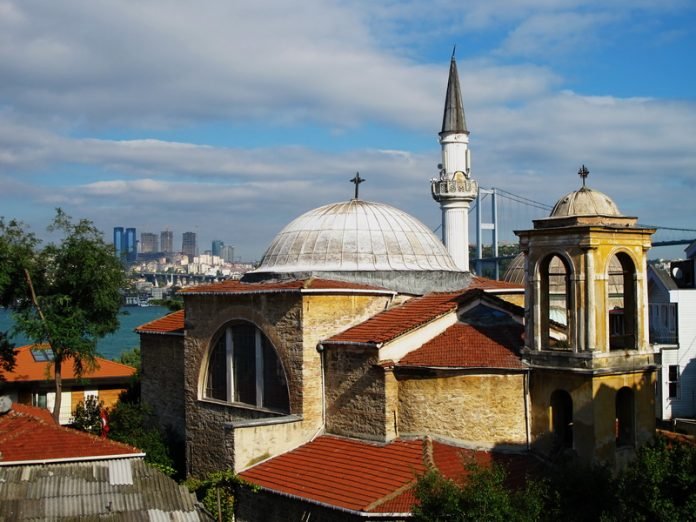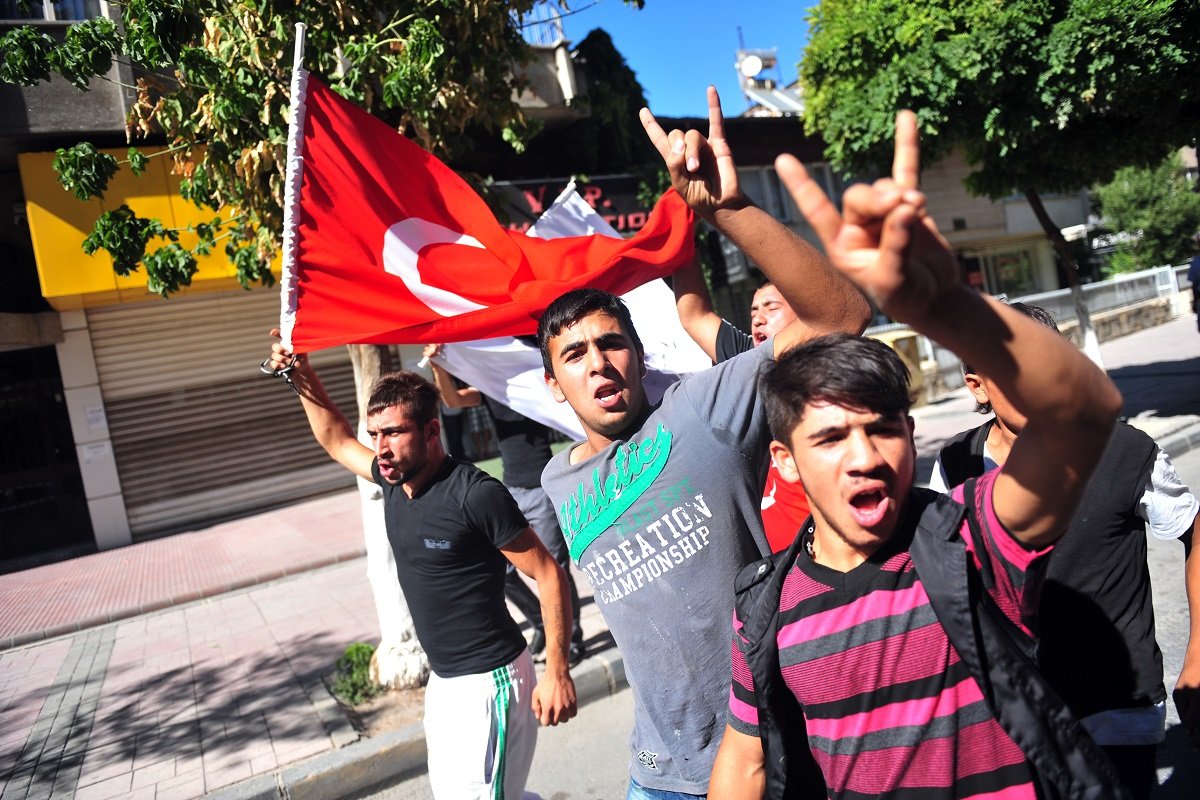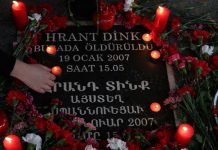The International Religious Freedom Report 2018 released by the US State Department on Friday addresses gross violations of religious freedom in Turkey.
The annual report said following a July 2016 coup attempt, the Turkish government arrested more than 80,000 individuals with alleged ties to Muslim cleric and political figure Fethullah Gulen – whom the government blamed for the attempted putsch – including US citizen and pastor Andrew Brunson, who was convicted by a court in İzmir of supporting a terrorist group. The court suspended his sentence, allowing him to depart the country. Brunson’s indictment referenced “Christianization” activities related to his alleged crimes, the report underlined.
According to the report the Turkish government continued to limit the rights of non-Muslim minorities, especially those not recognized under the government’s interpretation of the 1923 Lausanne Treaty, which includes only Armenian Apostolic Orthodox Christians, Jews, and Greek Orthodox Christians.
The government also continued to treat Alevi Islam as a heterodox Muslim “sect” and not recognize Alevi houses of worship (cemevis), despite a Supreme Court of Appeals ruling in November that cemevis are places of worship.
The report also highlighted the government’s restriction of minority religious groups to train their clergy, the continued closure of the Greek Orthodox Halki Seminary and plans announced by the Directorate of Religious Affairs (Diyanet) to construct an Islamic educational center on the same island as the shuttered seminary.
The Erdoğan government is claimed to limit the number of students admitted to public secondary schools and assign tens of thousands of students to state-run “imam hatip” religious schools based in part on their entrance exam scores, proximity and other admissions factors. The government continued to convert many nonreligious public schools into imam hatip schools, citing demand, and students and families reported this created a geographic hurdle for those who preferred to attend secular public schools. Enrollment in imam hatip schools increased to more than 1.3 million students, up from approximately 1 million in 2015.
Since the 2016 coup attempt, the government has closed at least 1,065 private schools, many affiliated with the Gulen movement or related groups, on terrorism allegations. The government converted some of these private schools into imam hatip schools.















